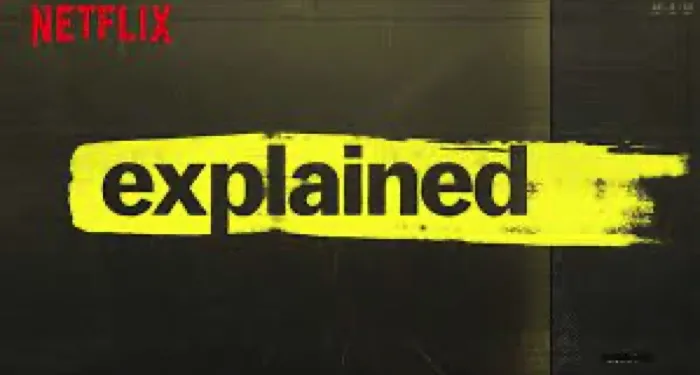
Books for Fans of Netflix’s EXPLAINED Series
I wasn’t a huge fan of school as a kid. Being forced to study Punnett Squares and imaginary numbers really isn’t my idea of a good time. Fortunately, I had strict parents who forced me to listen to my teachers and actually turn my homework in on time. Don’t get me wrong. I was actually a decent student, but I was far from the kid who sat in front of the class and willingly offered answers to teachers.
Part of me always resented the fact that I was being forced to learn things I wasn’t passionate about. So it was a surprise when I finally graduated and started working that I suddenly felt an itch to keep studying. Actually, no. Not studying. Learning.
For the first time in my life I had the power to choose what I wanted to learn. What’s more, I didn’t need a textbook. Hence my obsession with Netflix’s Explained Series. In less than 30 minutes, I can get an overview on anything from voting rights to birth control. It’s the perfect introduction to subjects I actually care about. I also love that there are a few spinoffs, such as The Mind, Explained and Money, Explained, that allow viewers to dive a little deeper into certain topics.
However, because the episodes are so short, I thought it would be fun to pair some of my favorite episodes and individual series with books that dive deeper into a specific topic. This list is by no means comprehensive and relies thoroughly on my adult whims, but hopefully you’ll enjoy diving deeper into some of these important topics.
Whose Vote Counts, Explained
This spinoff is great because it dives into a topic I’m passionate about: voting rights. Growing up, I was told that my vote would always count…until I moved to a Red state as a voter who generally swung Blue. I also doubt that being Indian American did me any favors, but I digress. Whose Vote Counts, Explained deftly explores some of the biggest hurdles that marginalized voters face in America. Here are two books that dive deeper into topics from two of the episodes.
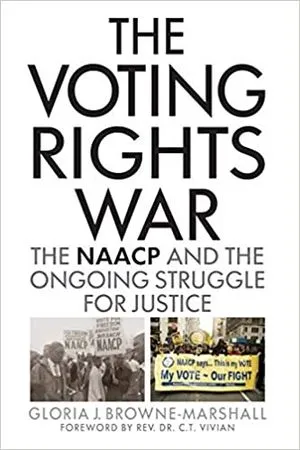
The Voting Rights War: The NAACP and The Ongoing Struggle for Justice by Gloria Browne-Marshall
The first episode of Whose Vote Counts, Explained is called “The Right to Vote” and explores why voting is still an uphill battle in America. It’s important to note which voting battles have been won and which ones still need to be fought and won. The NAACP has a storied history of fighting for voting rights and in The Voting Rights War, you can read about the cases they’ve brought to the highest courts in the land, fighting everything from grandfather clauses to literacy tests that prevented Americans from voting.
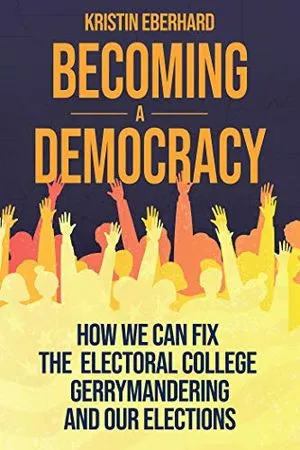
Becoming a Democracy: How We Can Fix the Electoral College, Gerrymandering, and Our Elections by Kristin Eberhard
This third episode of Whose Vote Counts, Explained explores gerrymandering and the Electoral College. These are heavy topics, so I thought that Becoming a Democracy, which offers some solutions, would be the perfect pairing. Eberhard walks readers through the various flaws in American democracy, like the Electoral College that unequally concentrates voting power in swing states.
Money, Explained
As I mentioned before, I only learned about imaginary numbers in college. No one bothered to teach me how to balance a checkbook. To be fair, I did have an Economics instructor who warned me about credit cards. However, coming out of college my financial literacy was abysmal, and it was really books such as these that taught me about the fundamentals of economics and personal finance. Money, Explained is great because it offers the perfect overview for those just beginning their journey of financial literacy.
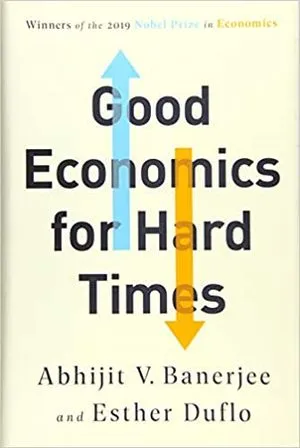
Good Economics for Hard Times: Better Answers to Our Biggest Problems Abhijit V. Banerjee and Esther Duflo
This one isn’t associated with a specific episode, but if anyone is going to teach us more about economics, it should be Nobel Laureates. Immigration, income inequality, technology, and globalization along with climate change have all increased economics anxiety around the world. MIT economists Abhijit V. Banerjee and Esther Duflo use their cutting-edge research to advocate for intelligent interventionism to solve the modern economic crisis.
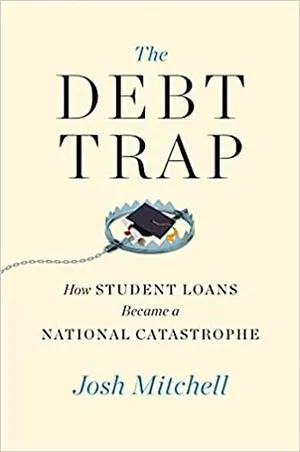
The Debt Trap: How Student Loans Became a National Catastrophe by Josh Mitchell
The third episode of Money, Explained delves into a hot button issue: student loans. Of course, a 22-minute episode isn’t enough to learn about the student debt crisis, which is where Mitchell’s book comes in. It details how the student loan industry made a killing off of education. It’s a winding tale about government malpractice, scams, and good old-fashioned scandals.
The Mind, Explained
It’s a shame that we don’t learn enough about our own minds in biology class because apparently it’s more important to know about Punnett Squares and the Krebs Cycle. I found The Mind, Explained to be a great introduction to various topics related to the human mind.
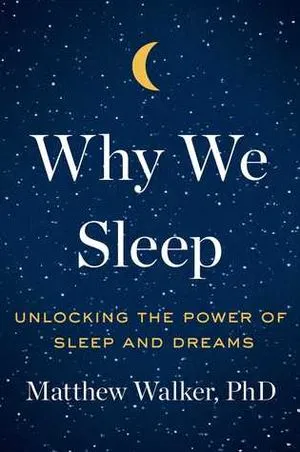
Why We Sleep: The New Science of Sleep and Dreams by Matthew Walker
Episode 2 delves into dreams and what they are and why they’re important. As such, I thought Why We Sleep would be a great complement to this episode. Walker details the importance of sleep and the science behind dreams. He also discusses how everything from caffeine to alcohol affects our sleep patterns.
This is Your Mind on Plants by Michael Pollan
Episode 5 is “Psychedelics” and, well, takes a dive into substances that can alter our mental state. I read This is Your Mind on Plants a few months ago and found it to be a fascinating look into how us humans use plants to alter our mental state to achieve certain goals. Pollan has some interesting things to say about why coffee is acceptable to changing our mental state but marijuana isn’t.
Sex, Explained
Seeing as I went to high school in Mississippi, you could say that my sex education in school was lacking (read: nonexistent). It would’ve been nice to have something like Sex, Explained when I was growing up.

The Right to Sex: Feminism in the Twenty-First Century by Amia Srinivasan
Srinivasan’s book isn’t related to a specific episode in this spinoff. However, it’s hard to talk about sex without discussing how women experience and learn about it. This sharp take on sex and feminism is a great lesson in how we should think and talk about sex.
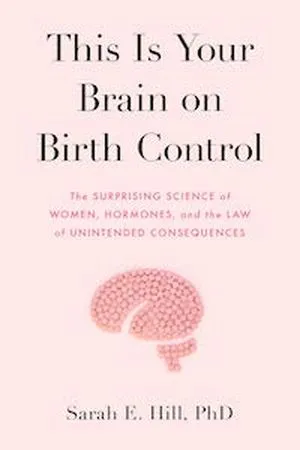
This Is Your Brain on Birth Control: The Surprising Science of Women, Hormones, and the Law of Unintended Consequences by Sarah E. Hill
The third episode of Sex, Explained delves into a rather important topic: birth control. However, despite the fact that the birth control pill was revolutionary, we only recently have analyzed data on how it affects the female brain in the long term. Hill’s insightful book sheds light on how hormonal birth control affects women’s bodies and how they experience the world.
Want to learn some more cool things? Check out 50 of the best nonfiction books and some innovative nonfiction books.











